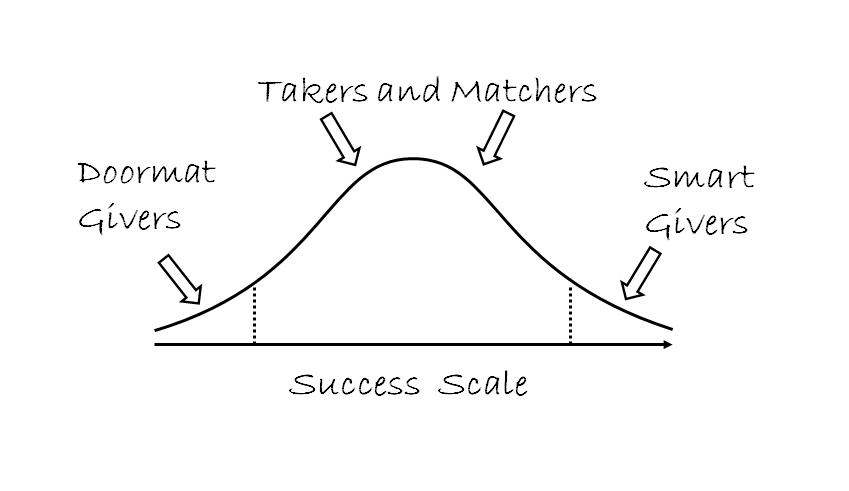Giving inspires me, not in the usual way people think. The act of giving without expecting anything in return is not hard. Many a time, the good intentions of the giver are doused by the reaction from the receiver-sometimes the receiver’s reaction is really hard for the giver to deal with. That is the code I would like to crack. Here is my story.
Whenever conversations with family, friends and even co-passengers in flights centers around giving, especially altruistic giving — interestingly, many share their personal experiences at the grocery store- paying for somebody ahead in the queue. The tales of givers start very similarly.
One Tale, Three Reactions
In the words of givers: I was standing in a checkout line at a grocery store. I noticed that “the person”, ahead of me, is about to pay for their groceries and they are fumbling into their wallet with redness in their cheeks — it is quite clear that they have misplaced their cash/credit card and are at their wits end. I noticed that the cashier is impatiently waiting, the line is getting longer and the items checked out are few; the good samaritan in me steps forward and pays for it.”
Where the three stories diverge is the reaction of “the person”, the receivers.
- Reaction 1: “the frail older lady took my palms and clasped them in her hands with such warmth for such a long time and when she thanked me profusely with her fragile voice — all I could do was hug her back.”
- Reaction 2: “ the reaction of the middle aged lady with two small kids was a mixture of relief and obligation. She was thankful for the hospitality, but insisted that she pays me back and wanted my address to send the check. She was insistent, borderline adamant, even after my “it is ok”, “not a big deal” etc. We went back and forth, creating an uncomfortable situation at the grocery line. I extricated myself finally by suggesting that she pay it forward. This experience will make me pause the next time.”
- Reaction 3: “I distinctly remember the first reaction of the young couple with a newborn — a quizzical look on why I wanted to help them. They wanted to know what I wanted in return and when I said that I would like to just help, the quizzical look morphed into a suspicious look. Not a word was spoken, but everything was said! It is one of those moments, after which you promise yourself never to volunteer helping others without them asking for help first.”
Breeding Success: Triumph of Smart Givers in the Receiver’s world
The beautiful moments with the old lady reinforces the faith in humanity. Many a time, it feels like such reactions are as rare as spotting the endangered Bengal tigers. Is universal acceptance of altruistic giving a utopian dream mostly fit for fairy tales, fables and folk tales? Not necessarily. Adam Grant, one of the youngest tenured Wharton Professor, in his cult classic book, “Give and Take” shares research that “roughly” divides the populace as:
- Smart/successful givers who help others productively–top end of the distribution- 10% to 15%
- Matchers who trade favors evenly — bulk of the distribution — 55% to 75%
- Takers who exploit others — 5% to 15%
- Doormat givers who sacrifice themselves in their efforts to help others — 10% to 15%
Looking at the same distribution, what is the takeaway? There are other givers in this world who can appreciate a fellow giver- they just happen to be a minority. In the same vein, we all understand barter — give something in return for taking something — charitable giving for mental peace etc. If we re-look at the distribution, most folks are natural matchers- they would like to repay for the good deed. Pay it forward would make them more comfortable.
Better still, I found my father’s advice of just being human, most practical in ensuring positive deeds multiply. Ensure that you have a contract- implicit or explicit, it is very therapeutic to most people. Just make sure, your copy of the contract is written in water — you write it off. This way, the essence of giving- what is of great value to others, but less cost to you — is made practically easier in the real world dominated by matchers.
The perfectly synchronized moments for both givers and receivers are rare. When they happen, let us savor them. In other times, my father’s advice seems to work.
What are your experiences? Please share them in the comments section.
— — — — — — — — — — — — — — — — — — — — — — — — — — — — — — — –
I enjoy writing at the intersection of analytics and human relationships.
Originally published at medium.com


